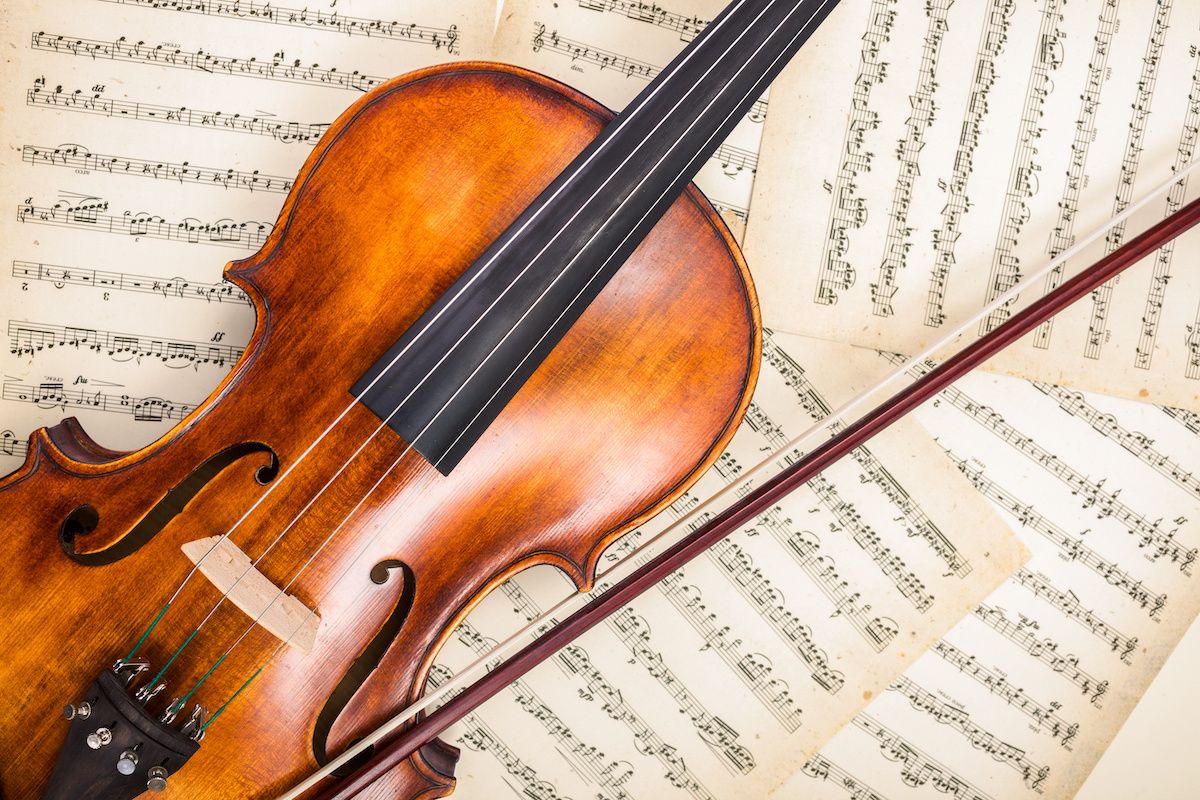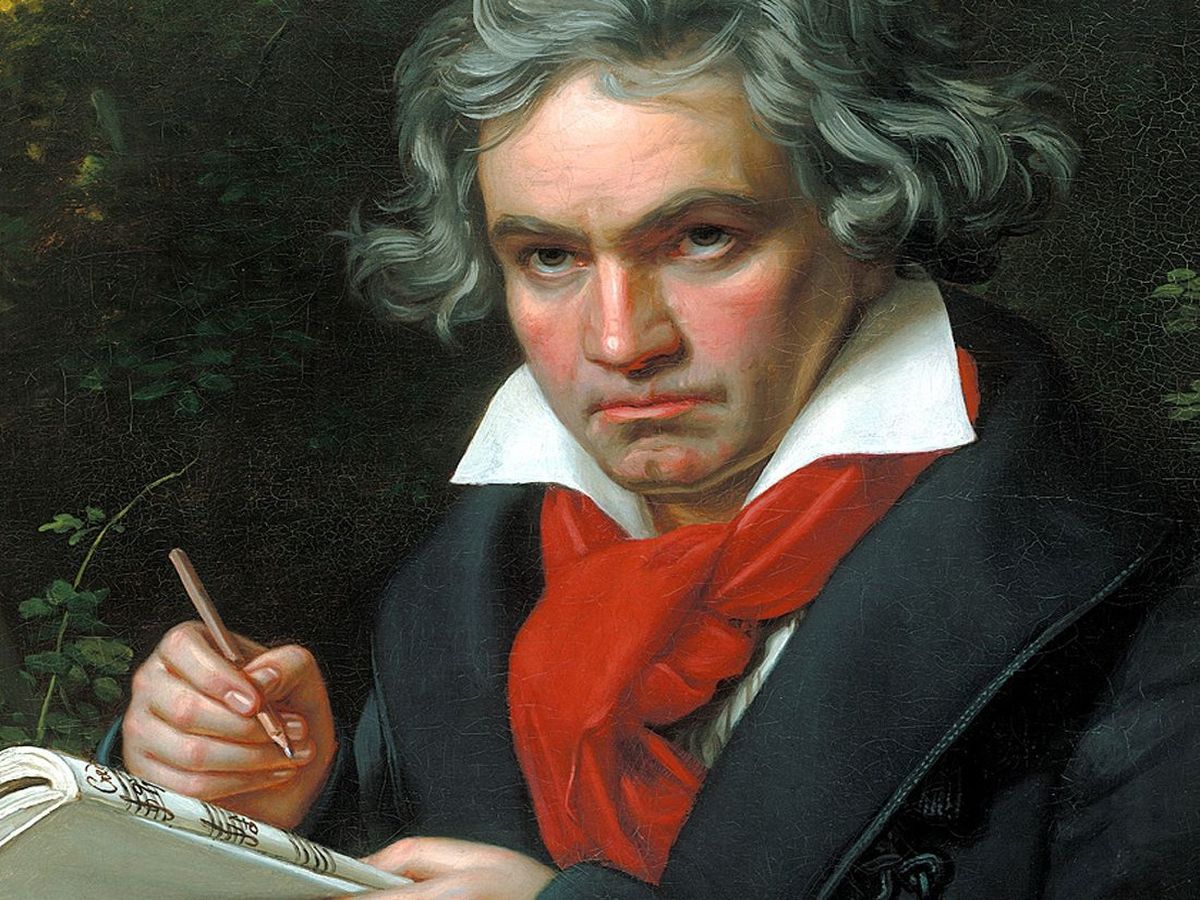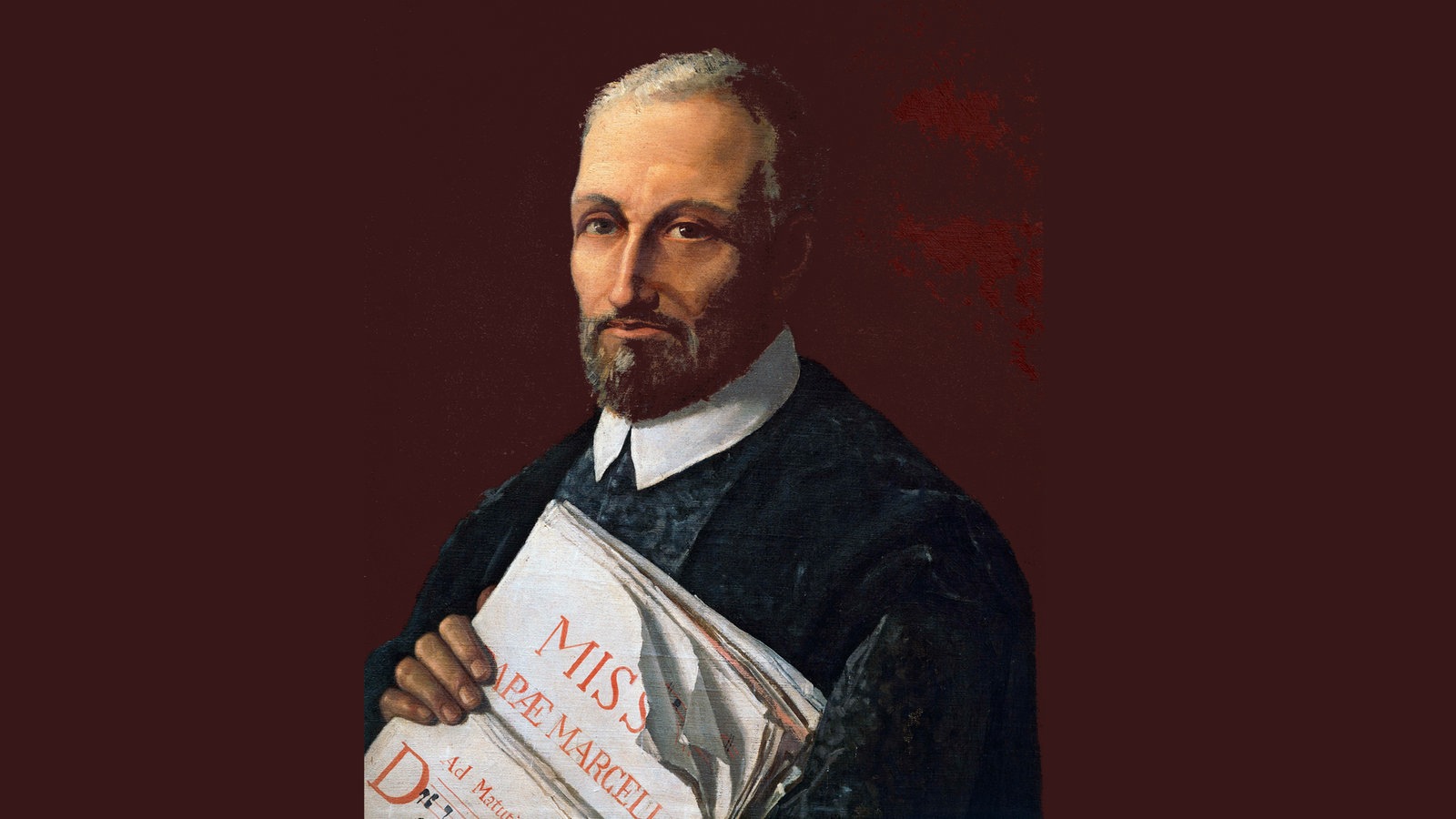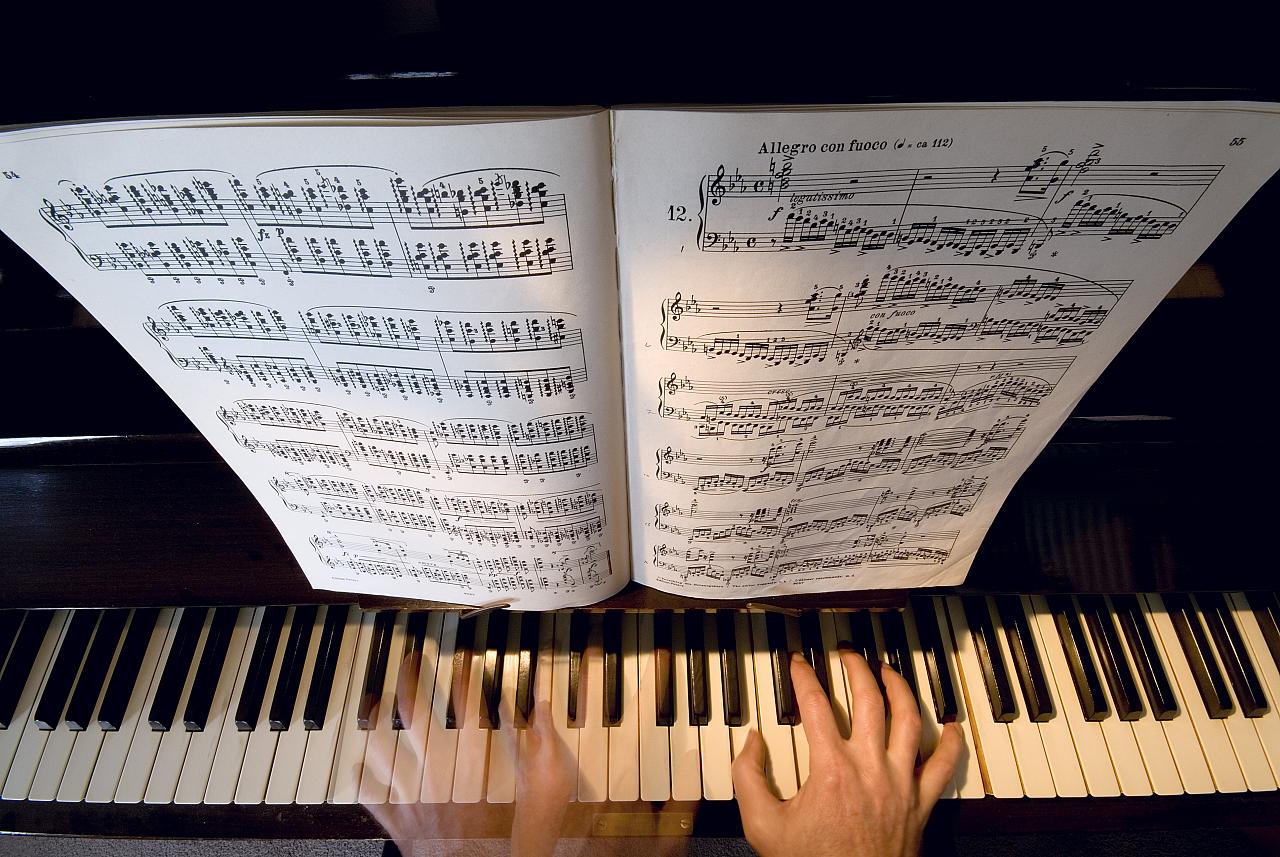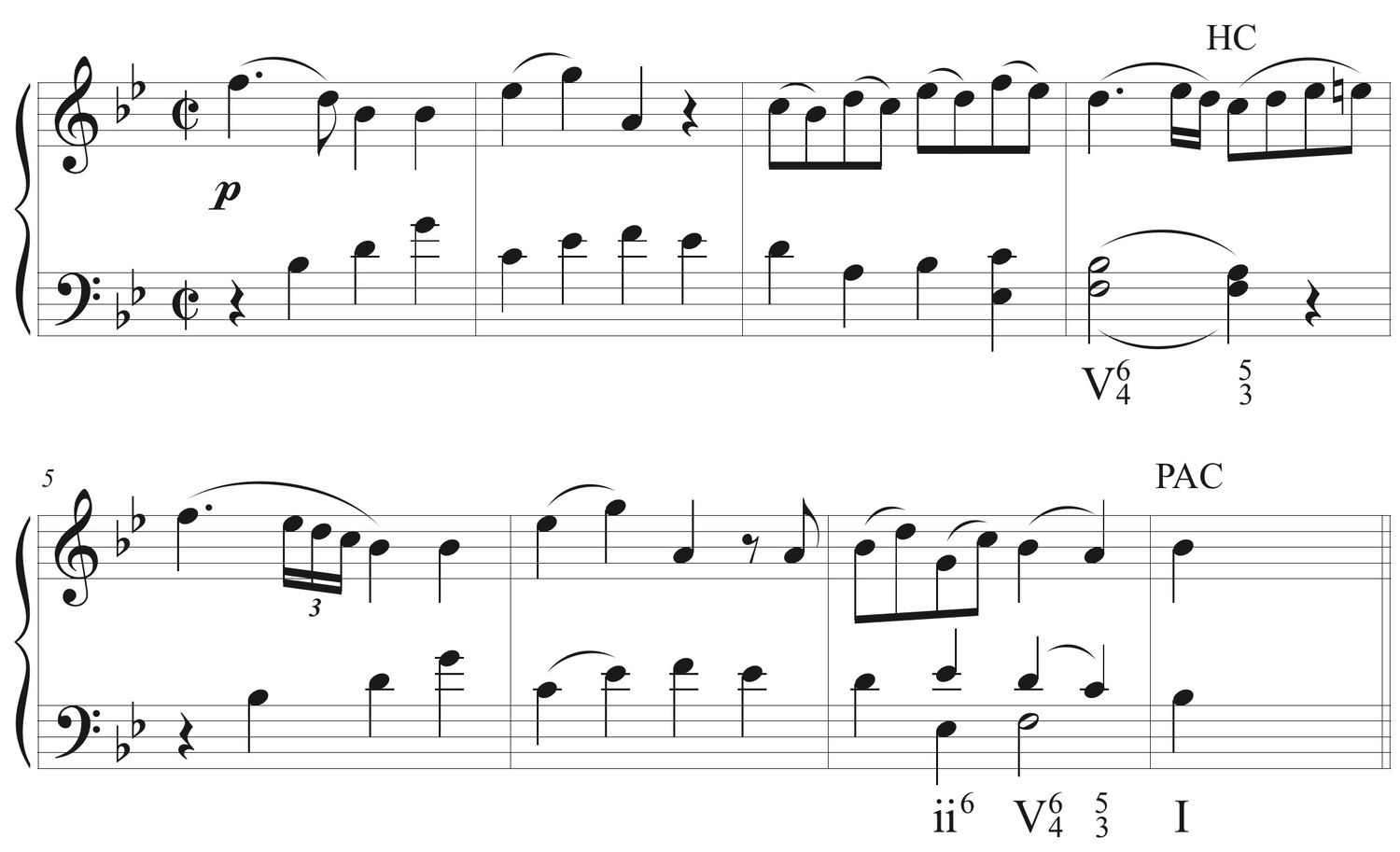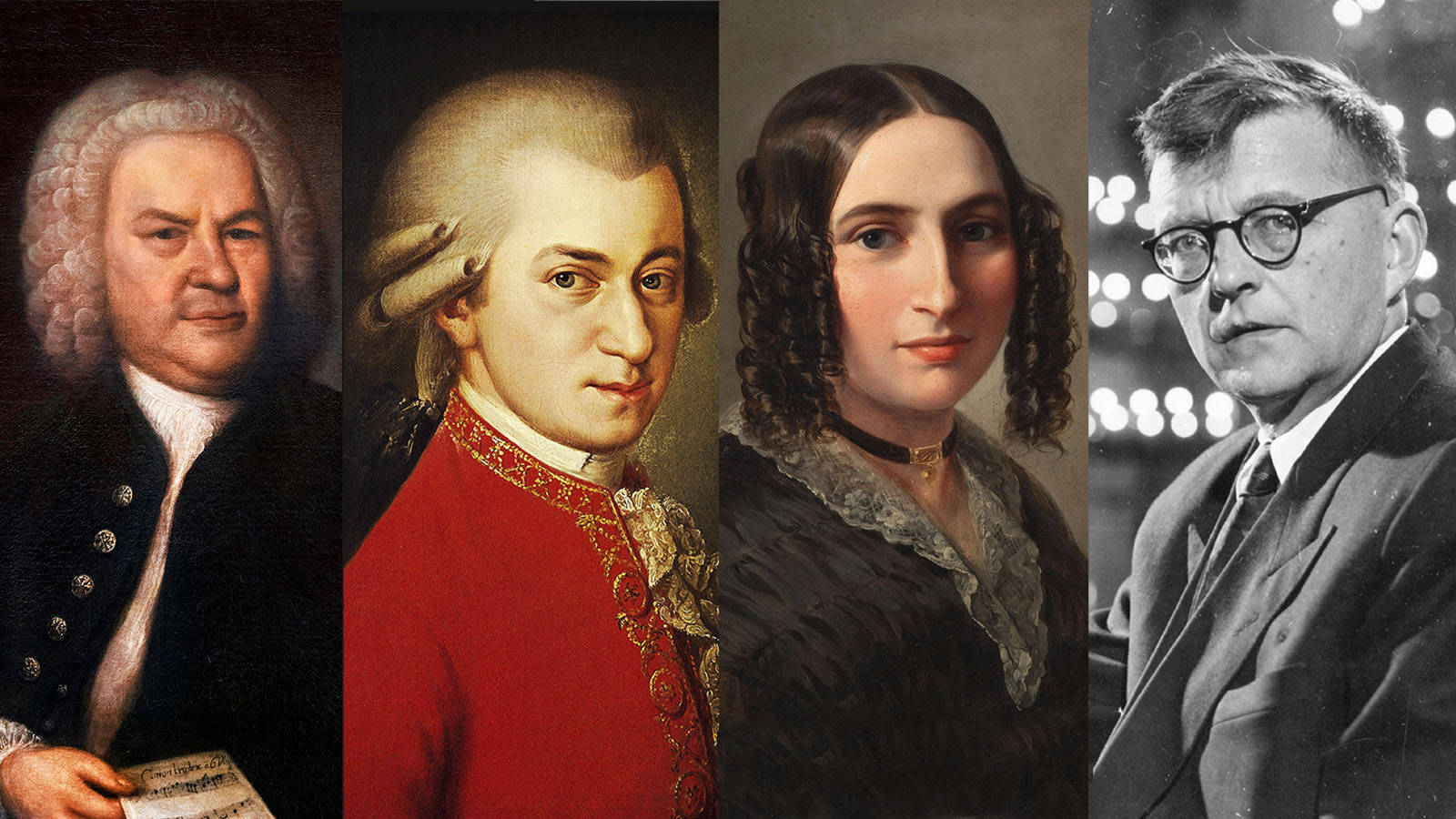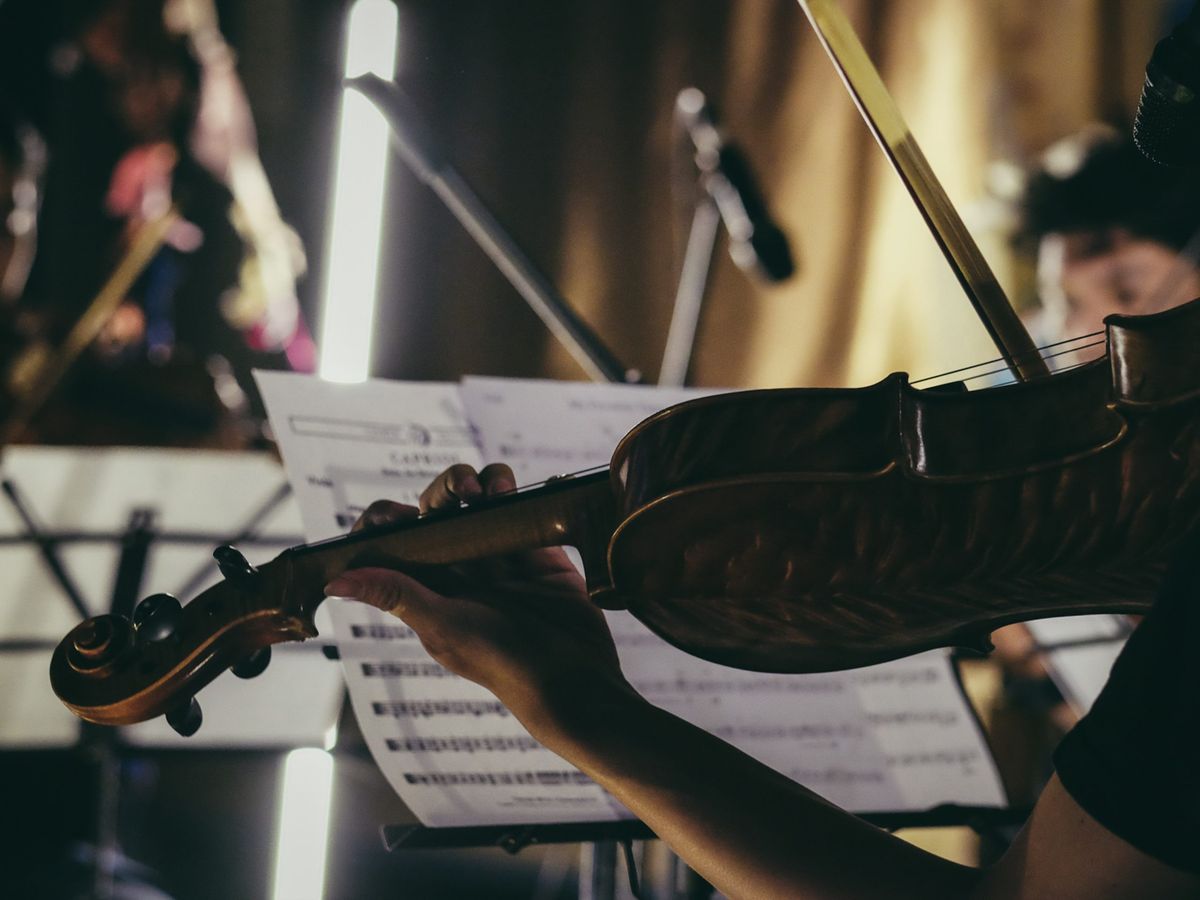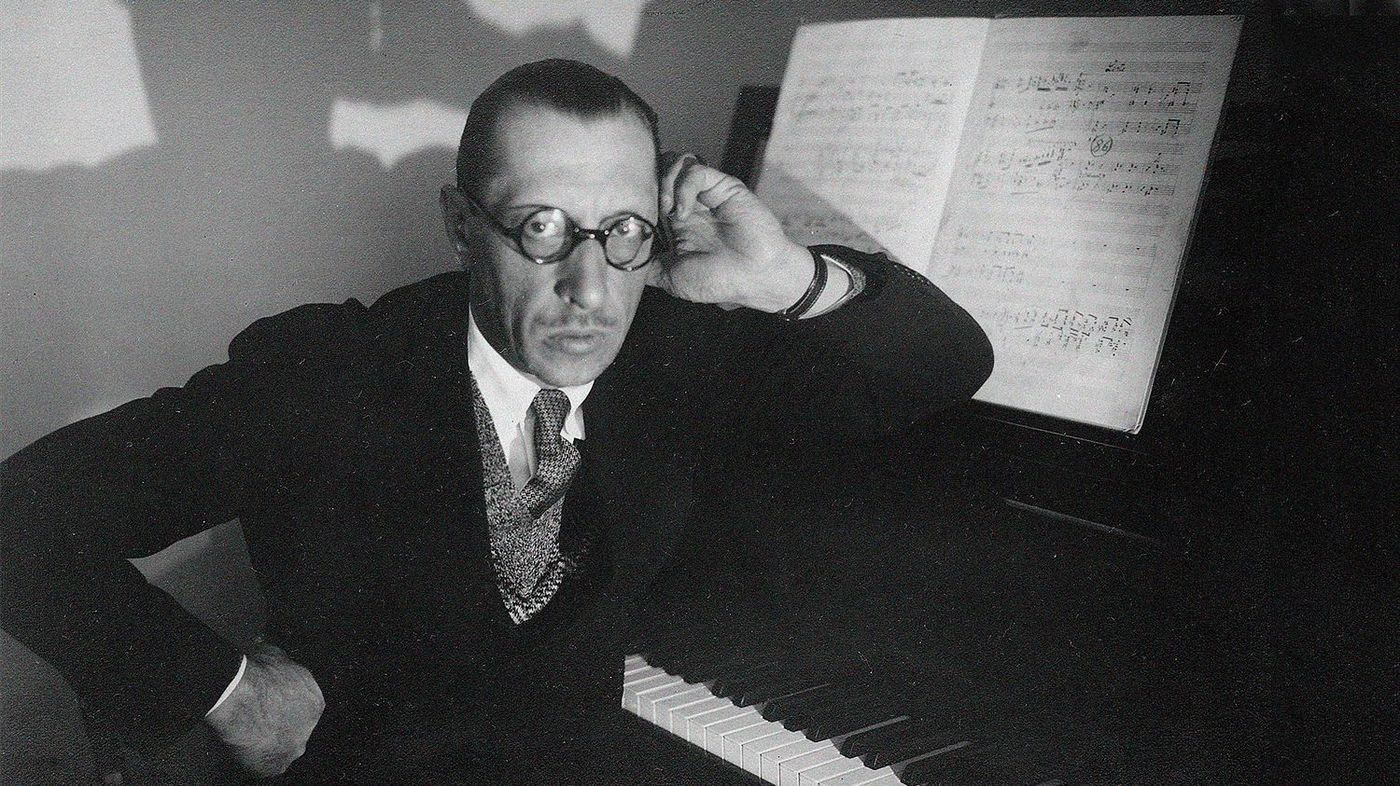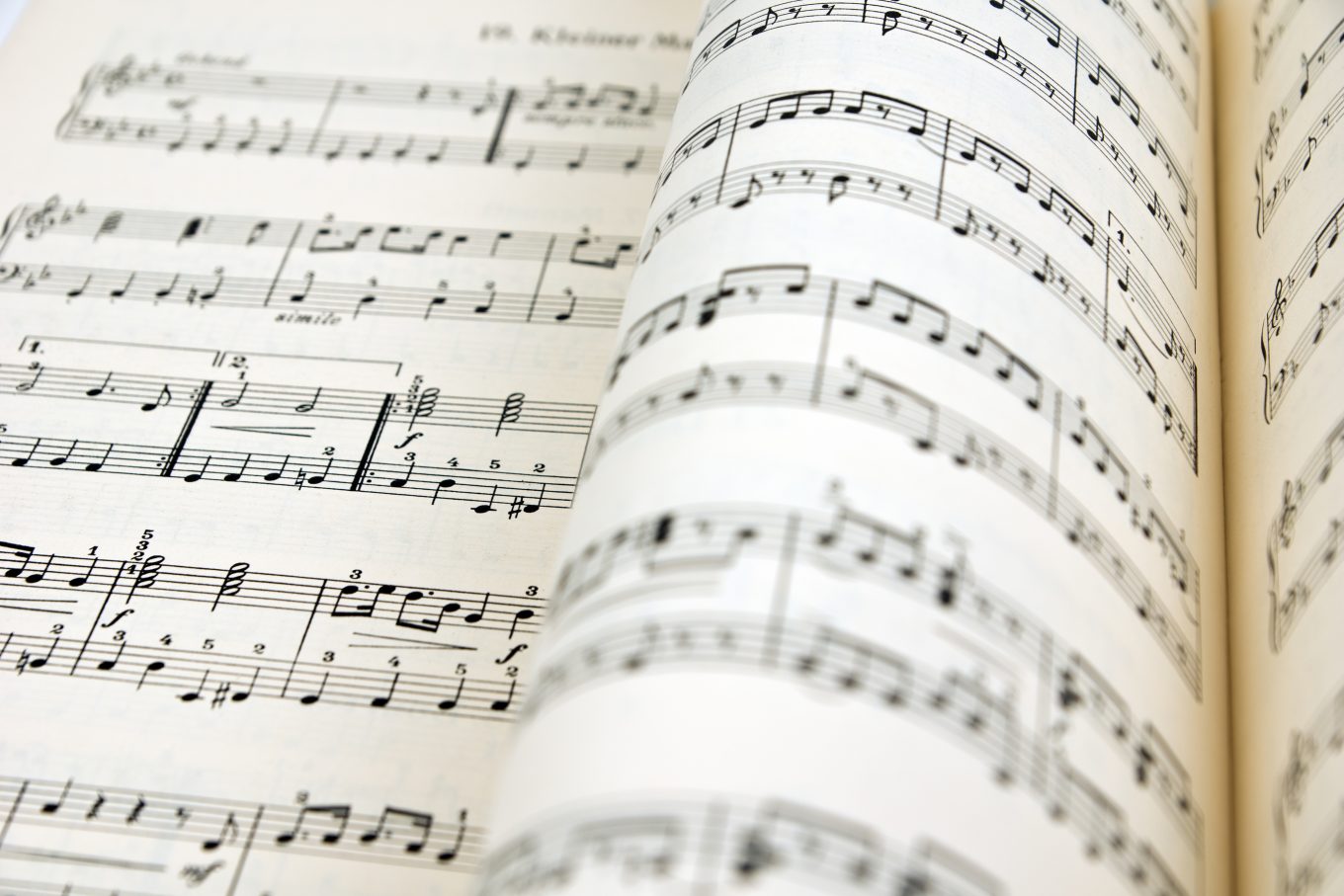Home>Genres>Classical>What City Was Considered The Center For Music During The Classical Period?
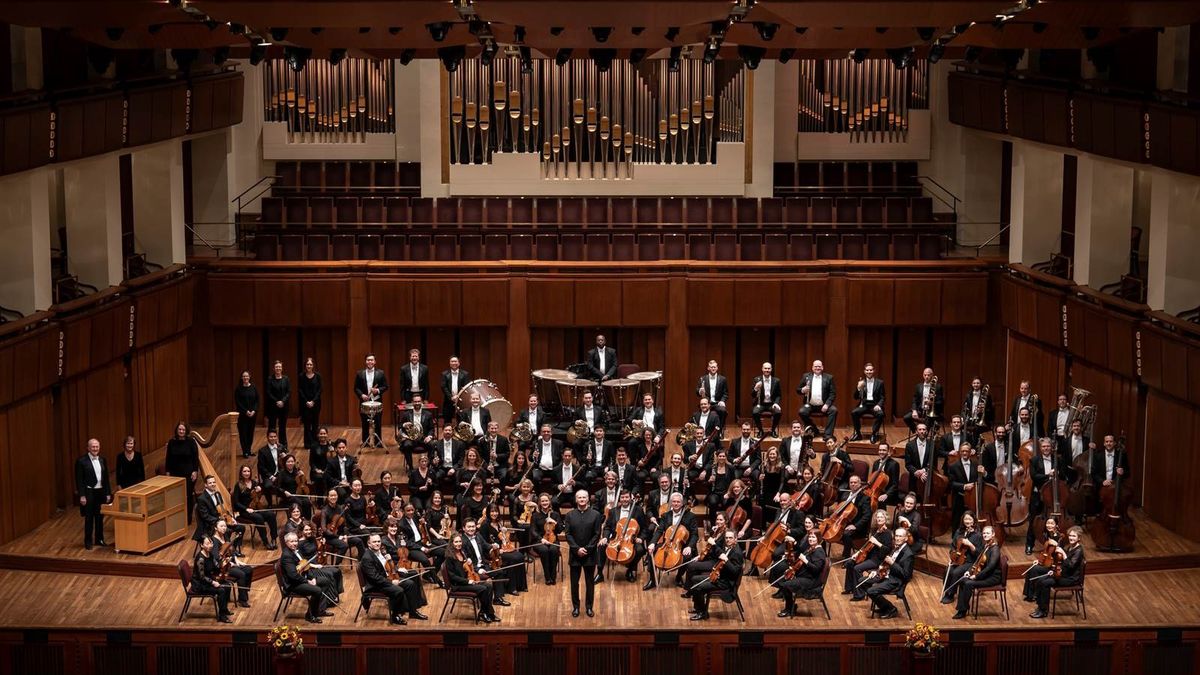

Classical
What City Was Considered The Center For Music During The Classical Period?
Modified: February 24, 2024
Discover the musical hub of the Classical period. Uncover the city that took center stage and set the tone for the era of Classical music.
(Many of the links in this article redirect to a specific reviewed product. Your purchase of these products through affiliate links helps to generate commission for AudioLover.com, at no extra cost. Learn more)
Table of Contents
Introduction
The Classical Period, spanning from the mid-18th century to the early 19th century, was a time of great innovation and artistic excellence in Western classical music. During this period, a particular city emerged as the epicenter of musical creativity and development. This city, none other than Vienna, played a pivotal role in shaping the musical landscape of the era.
Vienna, the capital of Austria, was not only a political and cultural hub but also a thriving center for music. It attracted some of the most talented composers, musicians, and performers of the time, creating a vibrant and dynamic environment for artistic expression.
In this article, we will delve into the significance of Vienna as the center for music during the Classical Period. We will explore the influential composers who resided in Vienna, the renowned musical institutions that flourished within the city, and the role Vienna played in shaping classical music as we know it today.
Vienna: The Musical Hub of the Classical Period
Vienna, with its rich cultural heritage and patronage from the aristocracy, quickly became the musical center of Europe during the Classical Period. The city’s lively music scene attracted composers, musicians, and music enthusiasts from all over, creating a melting pot of creativity and artistic exchange.
One of the key reasons for Vienna’s prominence was its close association with the Habsburg dynasty, which ruled the Austro-Hungarian Empire. The emperors and nobility of the Habsburg court were enthusiastic supporters of the arts, providing financial stability and patronage to musicians and composers.
Vienna’s geographical location at the crossroads of Europe also played a crucial role in its rise as a musical hub. Positioned between Eastern and Western Europe, the city served as a meeting point for different musical traditions and styles, resulting in a vibrant and diverse musical culture.
The social and economic conditions of Vienna further contributed to its musical prowess. With a growing middle class and a thriving bourgeoisie, there was a demand for music and entertainment. Public concerts and musical events became popular forms of entertainment, fueling the growth of musical institutions and concert venues.
Moreover, Vienna’s reputation as a center for education and intellectual pursuits attracted young musicians and composers who sought to study with renowned masters. The city boasted prestigious music schools and academies, providing a nurturing environment for aspiring talents.
Overall, Vienna offered the perfect combination of patronage, cultural diversity, and educational opportunities, making it an ideal breeding ground for musical innovation and creativity. The city’s unique characteristics set the stage for the emergence of some of the most influential composers of the Classical Period and laid the foundation for the development of classical music as we know it today.
The Influential Composers of Vienna
Vienna was home to an extraordinary collection of composers during the Classical Period, many of whom left an indelible mark on the history of music. These innovative and influential composers played a crucial role in shaping the development of classical music.
One such composer is Wolfgang Amadeus Mozart, who is widely regarded as one of the greatest musical prodigies in history. Mozart’s prolific output and exceptional musical talent revolutionized classical music during his brief life. His compositions, ranging from symphonies and concertos to operas and chamber music, combined technical brilliance with profound emotional depth.
Another iconic figure in Viennese musical history is Ludwig van Beethoven. Beethoven, although born in Bonn, Germany, eventually settled in Vienna, where he spent the majority of his career. His groundbreaking compositions, characterized by their dramatic intensity and emotional expressiveness, pushed the boundaries of classical music and set the stage for the Romantic era.
Franz Joseph Haydn, often referred to as the “Father of the Symphony” and the “Father of the String Quartet,” also had a significant impact on Viennese music. Haydn’s innovative and prolific compositions laid the foundation for these genres, and his influence extended far beyond Vienna, shaping the future of classical music.
Additionally, Vienna was home to other celebrated composers such as Franz Schubert and Johann Strauss Jr. Schubert, a master of melody and lyricism, is known for his captivating lieder and expansive song cycles. Strauss, on the other hand, was famous for his waltzes and operettas, which captured the spirit of Vienna’s vibrant social culture.
The presence of these influential composers not only elevated Vienna’s reputation as a musical hub but also enhanced its cultural significance. Their contributions to music continue to resonate and inspire musicians and audiences alike, cementing Vienna’s status as a city of immense musical significance during the Classical Period.
The Viennese Musical Institutions and Concert Halls
Vienna’s status as the center for music during the Classical Period can be attributed, in part, to the presence of renowned musical institutions and concert halls that flourished within the city. These institutions provided a platform for both established musicians and aspiring talents to showcase their skills and contributed greatly to the vibrant musical culture of Vienna.
One of the most prominent musical institutions in Vienna was the Imperial and Royal Court Opera (Hofoper), which showcased operas and other musical productions. Many of the leading composers of the time, including Mozart, Beethoven, and Strauss, had their works premiered at the Court Opera. Its grand performances and opulent venues attracted audiences from far and wide.
Another significant institution was the Wiener Musikverein, founded in 1812. The Musikverein is renowned for its exceptional acoustics, making it a popular venue for orchestral concerts and chamber music performances. The prestigious Vienna Philharmonic Orchestra, known for its annual New Year’s Concert, calls the Musikverein its home.
The Theater an der Wien, originally built as an opera house, also played a crucial role in Vienna’s musical scene. It hosted the premieres of several of Beethoven’s works, including his opera “Fidelio.”
The Esterházy Palace, located just outside Vienna, was the residence of the influential Esterházy family, who were major patrons of music. The palace was a hub for musical activities and served as the home base for composer Joseph Haydn during his employment with the Esterházys.
Outside of these major institutions, Vienna was dotted with numerous smaller concert venues and music salons, where intimate performances took place. These smaller venues provided opportunities for emerging musicians to showcase their talents and gain recognition.
These musical institutions and concert halls not only provided performance spaces but also fostered a sense of community and artistic collaboration. They served as the backdrop for memorable performances and gave rise to Vienna’s reputation as a city dedicated to the pursuit of musical excellence.
The Role of Vienna in Shaping Classical Music
Vienna’s influence on the development and evolution of classical music during the Classical Period cannot be overstated. The city’s vibrant musical culture, influential composers, and prestigious institutions played a pivotal role in shaping the course of classical music history.
First and foremost, Vienna served as a melting pot of musical styles and traditions. Composers from various regions of Europe converged in Vienna, bringing with them their unique influences and musical backgrounds. The cross-pollination of ideas and the fusion of different musical elements resulted in a rich and diverse musical landscape.
The innovative compositions of composers like Mozart, Beethoven, and Haydn pushed the boundaries of classical music and expanded its expressive possibilities. Their works incorporated new forms, harmonic explorations, and dynamic contrasts, ushering in a new era of musical creativity.
Vienna’s musical institutions, such as the Court Opera and the Musikverein, provided platforms for these groundbreaking compositions to be performed and appreciated. These venues showcased the talents of the composers and allowed their works to be experienced by audiences from all walks of life. The performances in Vienna attracted a wide range of listeners, from aristocrats and nobility to the burgeoning middle class and music enthusiasts.
Vienna’s influence extended beyond the realm of composition and performance. The city also fostered a culture of music education and musical innovation. It was home to prestigious music schools and academies, where aspiring musicians could receive top-notch training and guidance from established masters. The emphasis on musical education contributed to the development of a new generation of skilled performers and composers.
Moreover, Vienna’s musical culture seeped into the social fabric of the city. Music became an integral part of Viennese society, from grand events like balls and galas to intimate music salons held in private homes. This culture of music appreciation and participation further propelled Vienna’s position as a musical hub.
The legacy of Vienna’s influence on classical music during the Classical Period is still felt today. The compositions and innovations that emerged from Vienna continue to be studied, performed, and revered by musicians and music lovers worldwide. Vienna’s role in shaping classical music cannot be overstated, and its contributions have left an indelible mark on the history of music.
Conclusion
Vienna’s status as the center for music during the Classical Period was no mere coincidence. The city’s unique combination of patronage, cultural diversity, and educational opportunities created the perfect environment for musical innovation and creativity.
Vienna, with its influential composers like Mozart, Beethoven, and Haydn, propelled classical music to new heights. Their groundbreaking compositions, performed in prestigious institutions such as the Court Opera and the Musikverein, captivated audiences and pushed the boundaries of musical expression.
Vienna’s musical institutions and concert halls, including the Esterházy Palace and the Theater an der Wien, provided platforms for the premieres of significant works and facilitated artistic collaboration among musicians. These venues promoted the richness and diversity of Vienna’s musical landscape.
Furthermore, Vienna’s role extended beyond composition and performance. Its emphasis on music education and its vibrant musical culture influenced the next generation of musicians and shaped the future of classical music.
Today, Vienna’s legacy as the center for music during the Classical Period continues to resonate. The city remains a hub for classical music, hosting renowned orchestras, prestigious music festivals, and a thriving cultural scene.
In conclusion, Vienna’s contributions to classical music during the Classical Period were instrumental in shaping the genre as we know it today. Its influential composers, thriving institutions, and vibrant musical culture have left an indelible mark on the history of music, solidifying Vienna’s place as the epicenter of musical innovation and excellence during that golden age.

